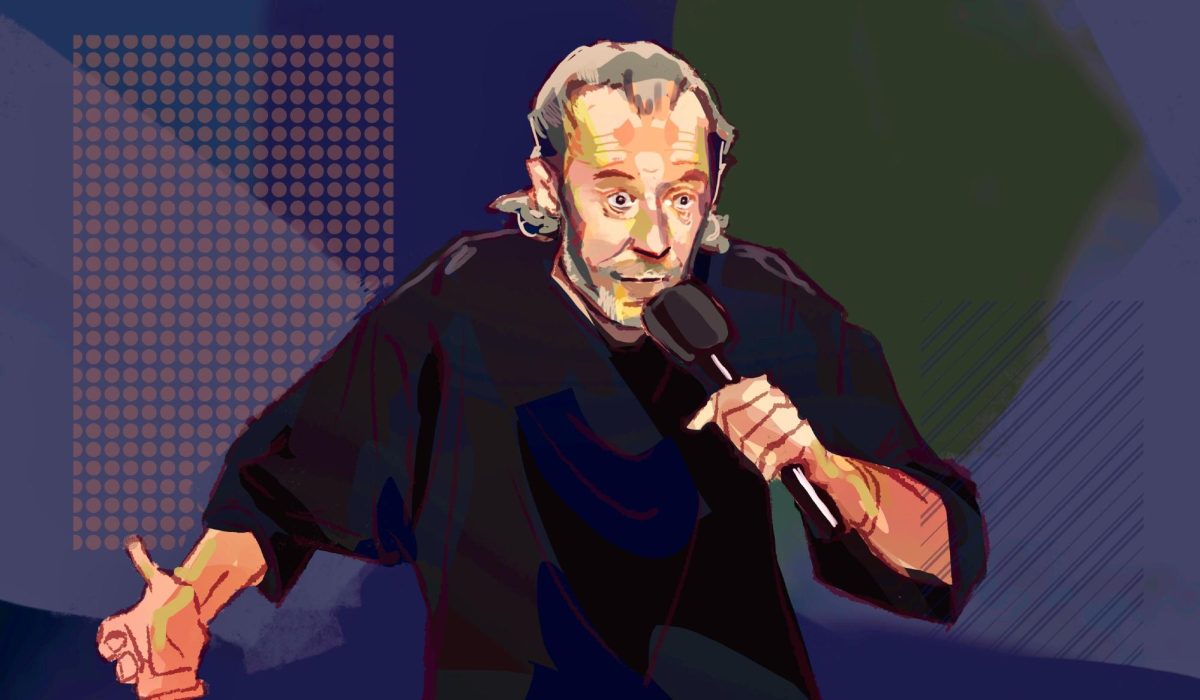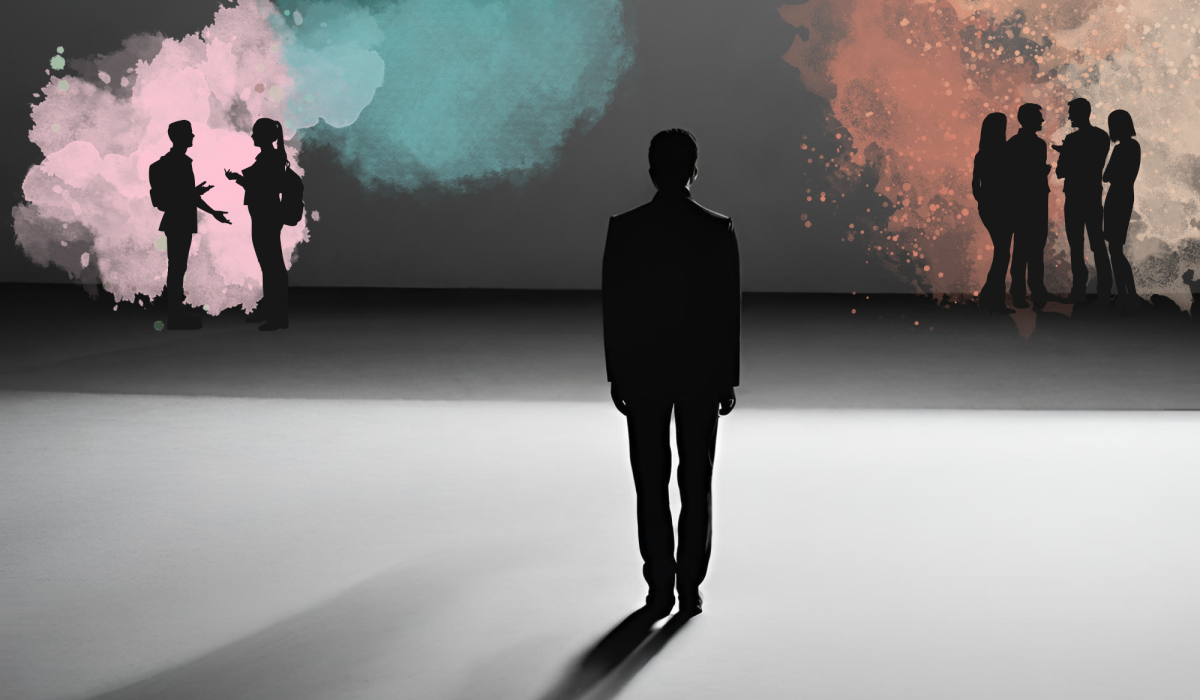By Andy Liu • Contributing Writer
The issue of protecting private companies from overseas cyber threats has led the United States government to vote on another act that patrols the sharing of private information on the Internet. The Cyber Intelligence and Sharing Protection Act (CISPA) is a provision on the National Security Act of 1947 that allows the sharing of Internet traffic information between the United States government and certain technological companies like AT&T, Facebook and Microsoft in order to boost cyber security from potential overseas cyber spies. CISPA is a bill that not only favors big businesses and violates the privacy of American citizens but also sets a dangerous precedent for future bills that restrict the First Amendment law that protects the freedom of the press.
CISPA passed in the House of Representatives on April 26, 2012 with the backing of a strong Republican majority of 206 out of 248 votes. CISPA is the latest link in online privacy legislation, after SOPA, the Stop Online Piracy Act that restricted the access to certain sites that hosts pirated content. SOPA was introduced to the House of Representatives October 26, 2011 only to be met with controversy from government officials and the public alike. It has yet to come to an official vote due to a lack of consensus in the House, including opposition by Nancy Pelosi and Ron Paul, and public disapproval by major companies including Google, Wikipedia and Twitter. SOPA aims to fight piracy within the United States while CISPA is attempting to strengthen cyber security from overseas threats. However, both bills present major issues of privacy infringement. Similar to SOPA, CISPA infringes upon the right to freedom of speech by limiting file sharing among users, while increasing file sharing between governments and business without explicit public consent.
A lack of specificity is also an issue in CISPA that does not seem to have a forthcoming response. In the bill, the government is able to confiscate online material such as emails, without judicial oversight, if they believe the material is a threat to “cyber security.” The bill states that they perceive a threat as “efforts to harm public and private systems and networks” and “theft or wrongful possession of public or private data, intellectual property, or personally identifiable information.” Terms like “harmful” do not paint a specific picture of what may be flagged as a threat, and therefore allows the government to find anything harmful without oversight. Also, items that that one cannot have “wrongful possession” of is so vast and non-specific that just about any information can be deemed stolen. This hard-to-define threat is not clear enough to hand over people’s privacy.
The bill states that private companies are under their own discretion of whether to share a user’s information or not. While some companies like Facebook have said they will not share personal information with government agencies like the National Security Agency and the Department of Homeland Security, the bill does not require a warrant for the information. The bill also absolves the government of liability — users cannot sue them for wrongful usage of information. Since this will be an exchange exclusively between the government and companies, users will ultimately be blind to the fact that their private information is being used to fight cyber threats.
Providing a “safer” cyber network does not warrant undermining people’s privacy and civil rights. It is also extremely tough for the government to filter material on a daily basis. Cisco — one of the top multinational corporations that designs networking equipment — has projected that by 2015, one million minutes of video will cross global networks every second, and that there will be twice as many networked devices as there are people in the world. The benefits of confiscating potentially threatening online content do not outweigh the violation privacy combined with the difficulty of sorting through the avalanche of “cyber threats.”
Companies should be able to share anonymous information to the government in order to fight cyber attacks and allow the government to assess the potential threats. However, creating a network where the people are susceptible to the big companies’ personal interpretation on whether our data is “safe” or not provides little security and logic given the scope of the problem and today’s technological society.
Readers can contact Andy Liu at [email protected]







